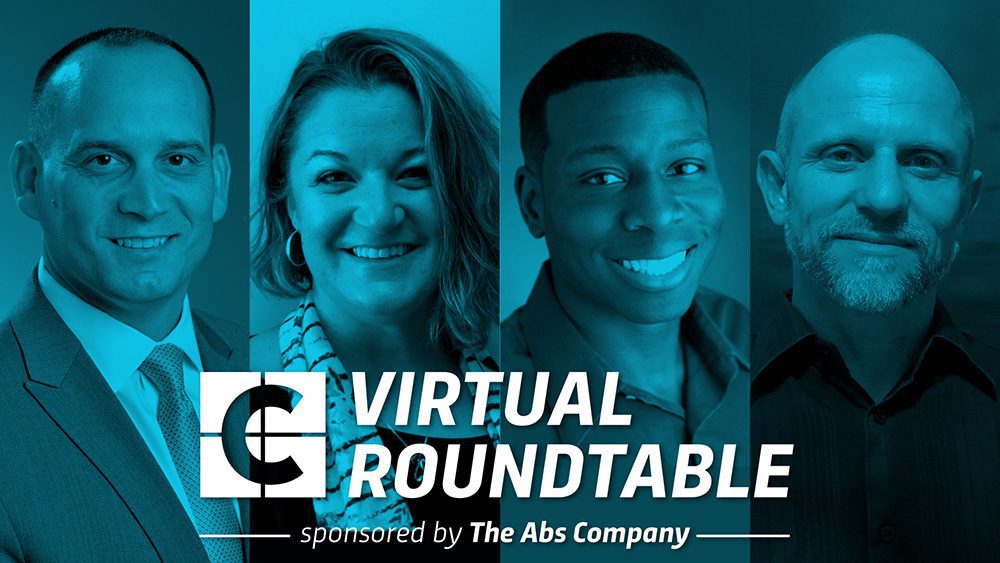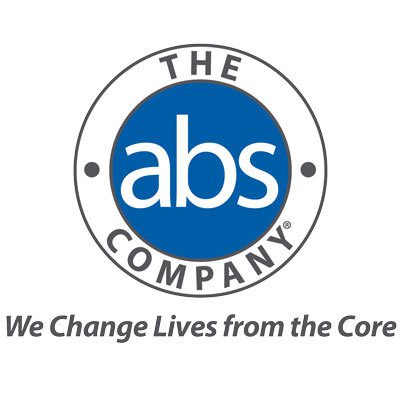
On April 17, 2020, Campus Rec Magazine hosted the COVID-19 Virtual Roundtable: Industry Update, sponsored by The Abs Company, with the hope to help campus recreation professionals navigate through this unprecedented time.
Panelists included Michael Howard, the managing director of Recreation Facilities at Duke University; Grady Sheffield, the director of Campus Recreation at Towson University; Sean Smith, the associate director of Campus Life – Sport and Recreation at the University of Auckland; and Jordin Williams, the executive director of Wellness, Recreation and Campus Events at Delaware State University.
Below are some of the top takeaways from the roundtable:
Advice on Reopening
For Duke, reopening is focusing on what is essential. Howard noted a lot of the decisions about what operations get up and running again won’t be determined by him and the campus rec team. Instead, it will be based on the levels that come from the top down. “I think a lot of those things are going to be dictated by the university, by the government, etc.,” he said.
When it comes to planning to reopen, Sheffield said he has been coaching his team that while they know what they want to do, they will ultimately have to be compliant with the rest of the university and what it’s doing. He said being at the table with those making the decisions is a must so they know campus recreation’s thoughts on the matter.
On the other side of the world, when the coronavirus hit, Smith said the University of Auckland in New Zealand had four levels of operations that they went through on the road to shutting down. So, when it comes to reopening, he sees revisiting those levels but in the reverse order.
There will have to be thought on equipment spacing, the number and type of staff working, a staged reintroduction of programs, etc. “It comes back largely to that essential service question,” he said. “Not only look at it through a filter of how does it work for you to operate, but look through the customer perspective and ask what bits really matter for us?”
There is also a theory vs. reality question one must ask, even when given the guidelines on stages of reopening. Williams said you have to ask what you can realistically do. You may not be able to open basketball courts, but can you open fitness classes and keep everyone spaced? “We all have to be mindful when our states tell us what to do, we’re all going to have different roll outs based on what our states are allowing,” she said.
Masks and PPE for Staff and Patrons
Several panelists stated if you are asking the question of should student staff wear masks when the building opens, you have opened too soon.
Howard said it’s key to ask, “How often do we jeopardize safety?” While Duke is looking to have inventory minimums upon their return when it comes to masks and PPE, he did say if they reopen it will be because it’s safe to do so.
Smith agreed with Howard, stating squeezing in and masking up isn’t the answer. “Creating the right environment that is safe for all users is the priority,” he said.
In fact, Sheffield noted you need to make sure when it comes to masks and PPE you’re aligned with your entire campus. Otherwise, if one department is requiring masks and another isn’t, it sends mixed messages.
Even if a student asks to wear a mask, he said you need to think of the marketing you’re putting out there and the message the wearing of masks might send. Do they contradict each other? Are you saying your building is safe but then students are seeing employees in masks? He noted it’s something you need to give thought to.
Continuing Education Conferences and Certifications
Right now, universities are seeing travel freezes and are asking departments to cut spending. Williams noted they have lost between $15,000 to $20,000 in summer aquatics programs alone. As such, they have to evaluate where money is going.
Towson has also been asked to curb spending, and Howard said Duke has canceled all summer programs and camps through August. With one of their pillars of focus being cash, he said one of the most likely things to be addressed first when it comes to budget will be professional development dollars. Conferences and such are not a priority at this point.
In terms of health, Smith noted it doesn’t take too many attendees at a conference or event who have been affected to make that conference or event unviable. However, he did note continuing education has far from gone away; it just looks a little more virtual at the moment. “I think there’s more learning coming out of right now than anything,” he said.
Programming for a Limited Number of People this Summer
If mandates are lifted this summer and there is a small number of people on campus, whether students or staff, how do you handle this?
Sheffield has said they’ve tossed around ideas like an abbreviated schedule, different staff hours, etc. Ultimately, it comes down to the well-being needs of those on campus. For Williams, she plans to simply continue offering the virtual programming for summer until told otherwise.
Over in New Zealand, Smith is settling in for the long-haul. He has noted students respond better to live programs, and in fact, they have a bigger reach now than they used to have with students due to the virtual nature. He said he plans to carry on the virtual programming even after reopening, although figuring out how to do that plus everything they normally do will be interesting.
Howard noted that is the silver lining he sees in all of this: the utilization of technology that’s been there, but just hasn’t been used until now. “I think it’s a benefit for our industry as a whole,” he said. “It’s pushed us and challenged us to really meet people where they are.”
End of the Year Banquets
Sheffield said their biggest concern with an end of the year banquet is how to make it impactful. They decided it will be best to do it live, requesting a license from the university to use Zoom. The ceremony will be a very similar layout to how it typically is run. Plus, he said they plan to break off into groups by department area to do those award ceremonies.
Williams also mentioned they are not only doing an award ceremony, but will also put on events leading up to it to build hype. For example, they will be doing their annual talent show among staff virtually.
Bonus: Want more award banquet insight? Check out this article: Creative Virtual Program Highlights: Award Banquets
Special Insight: Starting a New Semester in Quarantine
In New Zealand, Smith said they had got a few weeks into the semester before they shut down. As such, first year students had the opportunities to tour and try out the rec center for a bit before everything shut down. But, it’s still been hard to reach them.
Smith said they have been using both residential/on-campus students and sport leaders to push out communication concerning programming. Pushing your information via channels has become essential with all the virtual noise right now.
Plus, Smith said they have had to bring on a full-time staff member completely virtually. One tip he gave was to make sure to buddy that member off with other team members, as it’s hard to connect on a digital platform.











